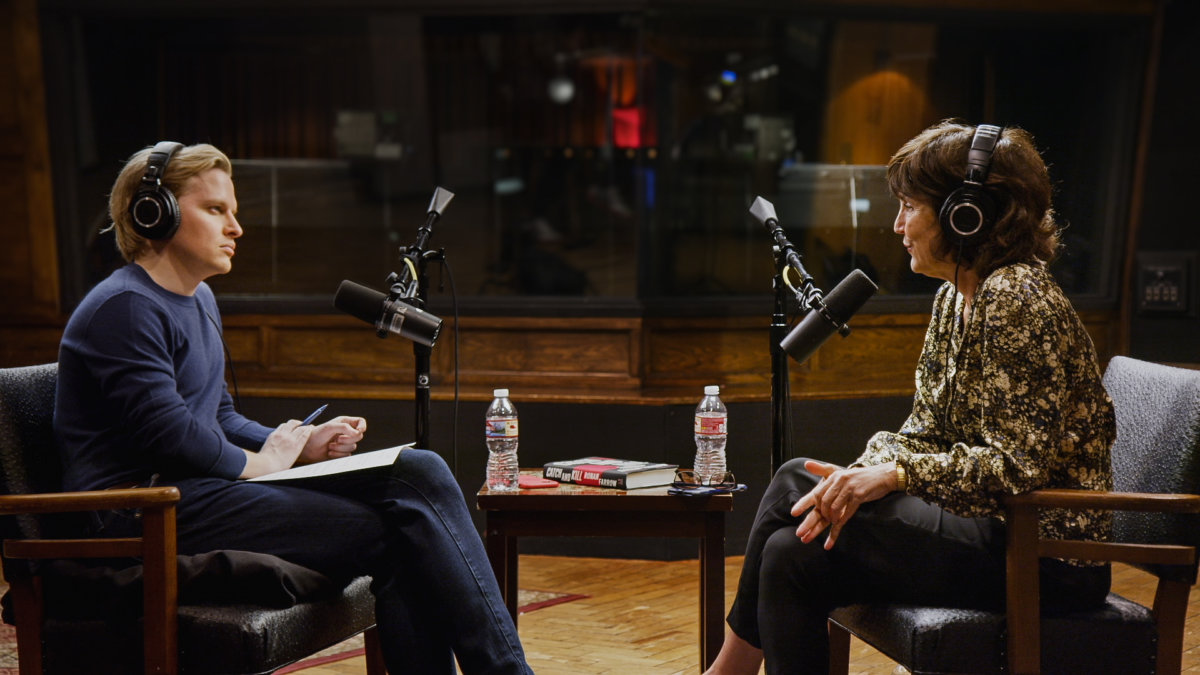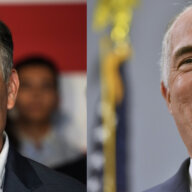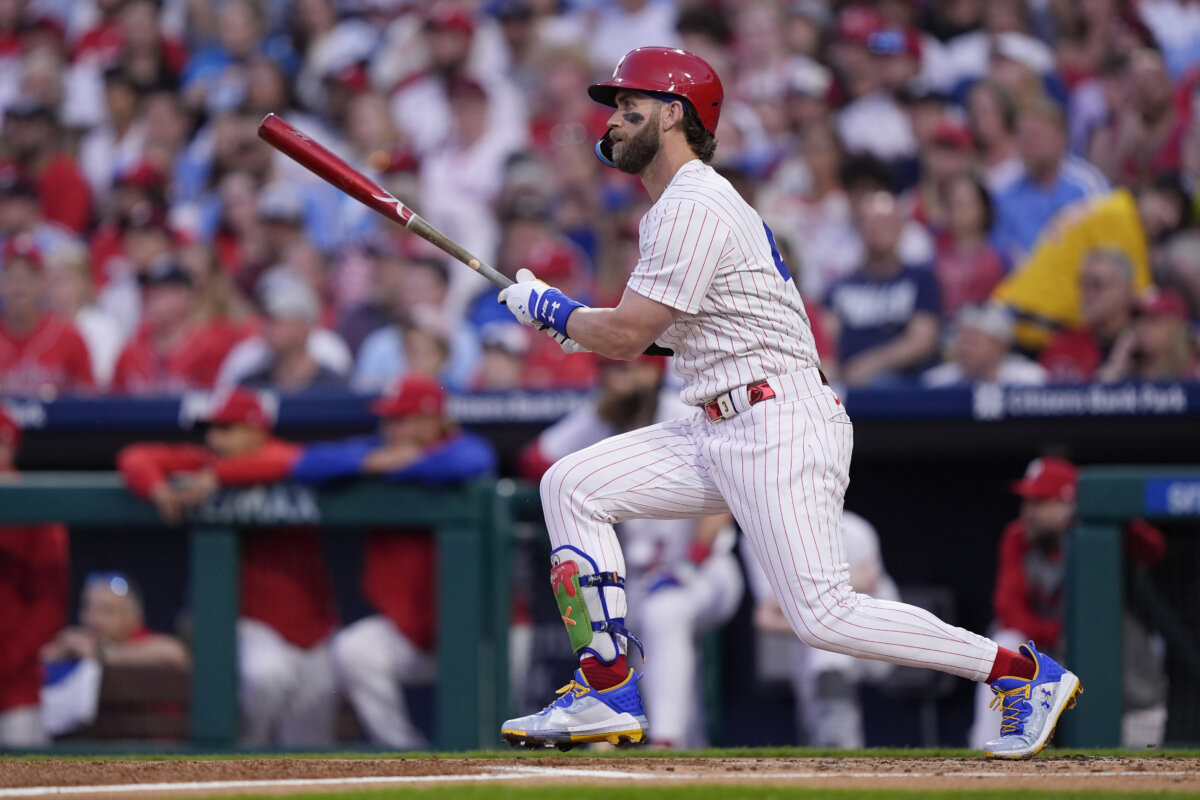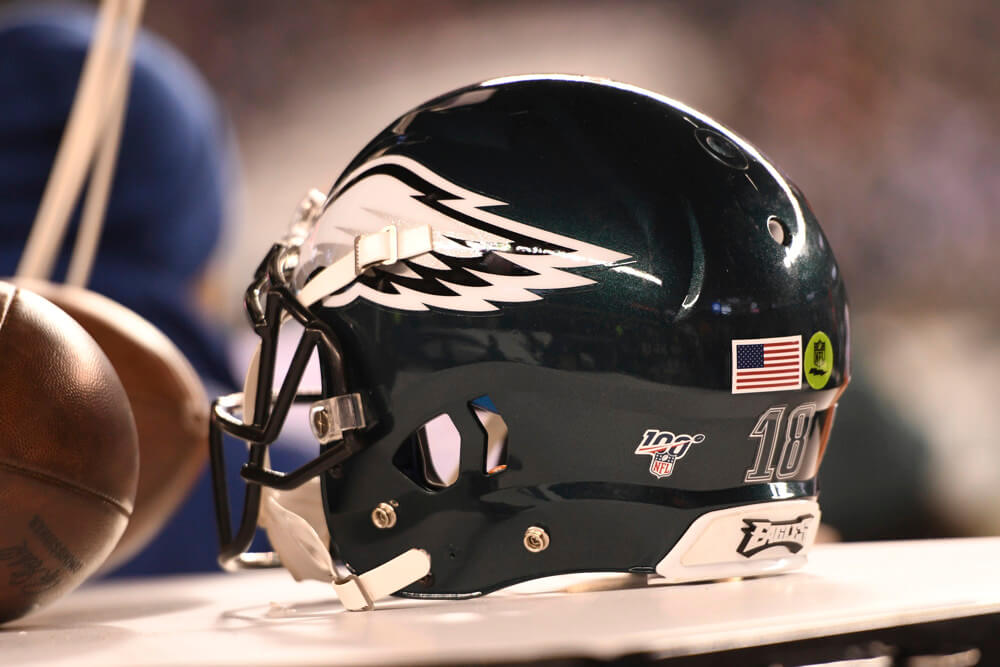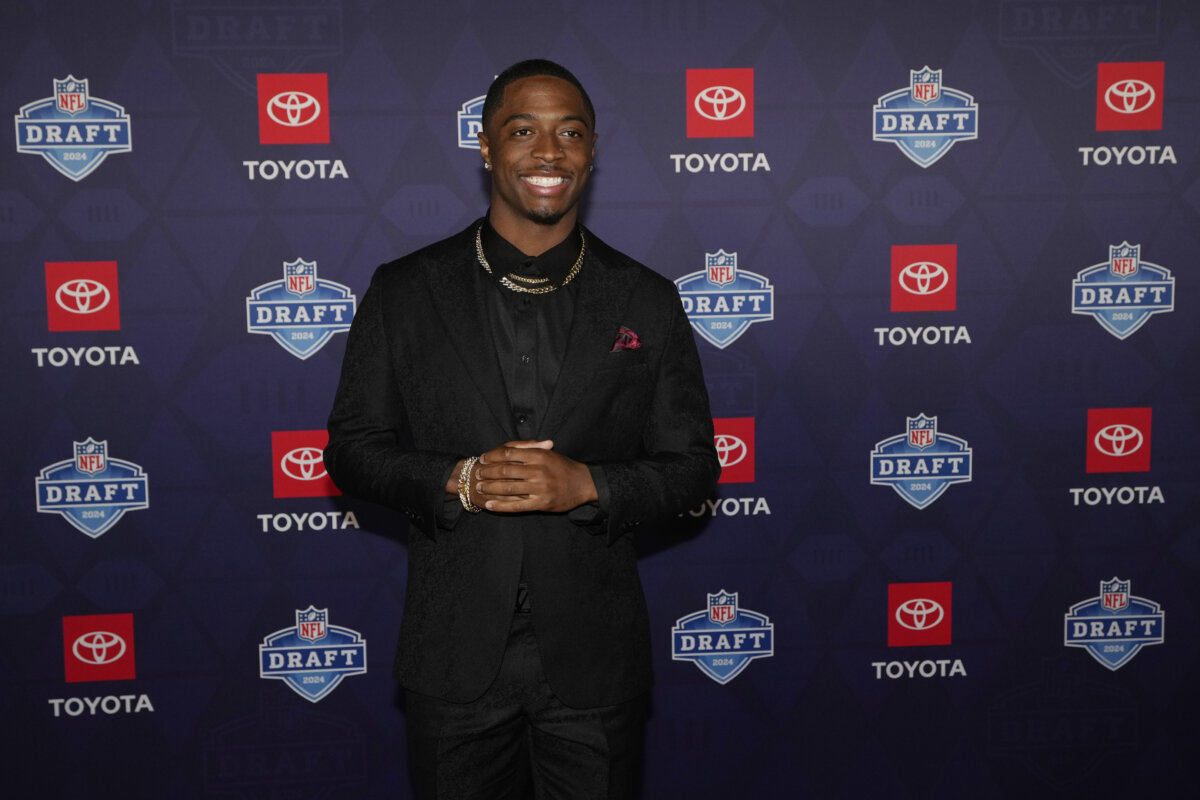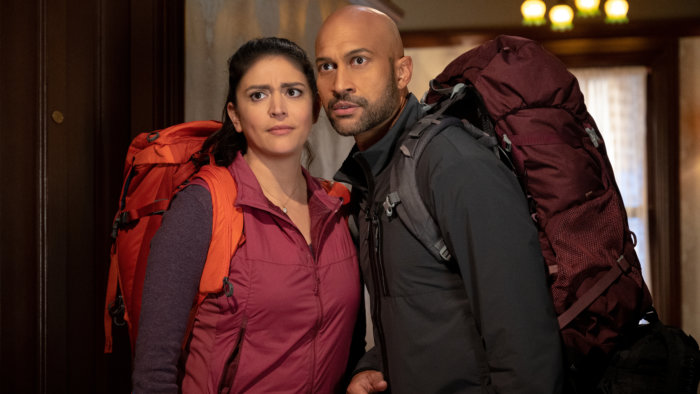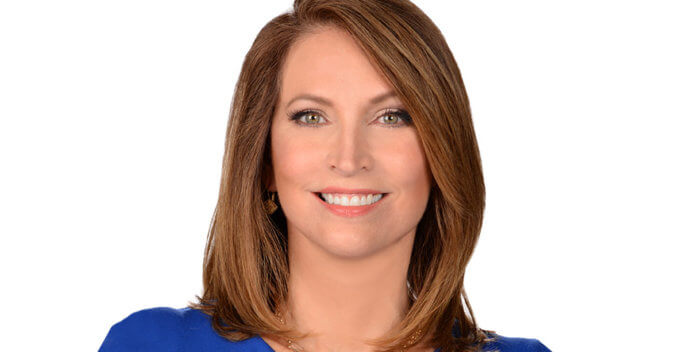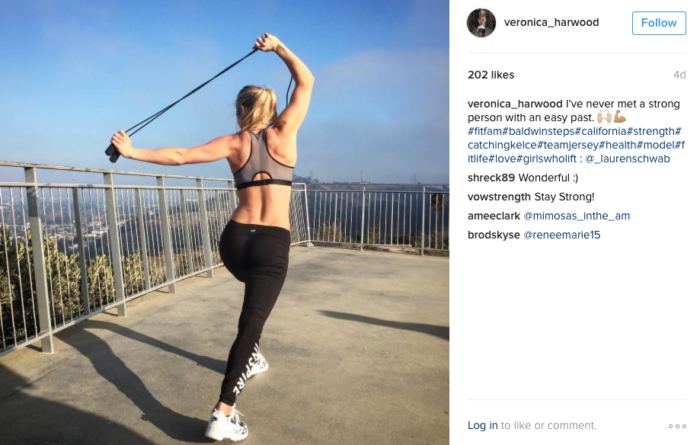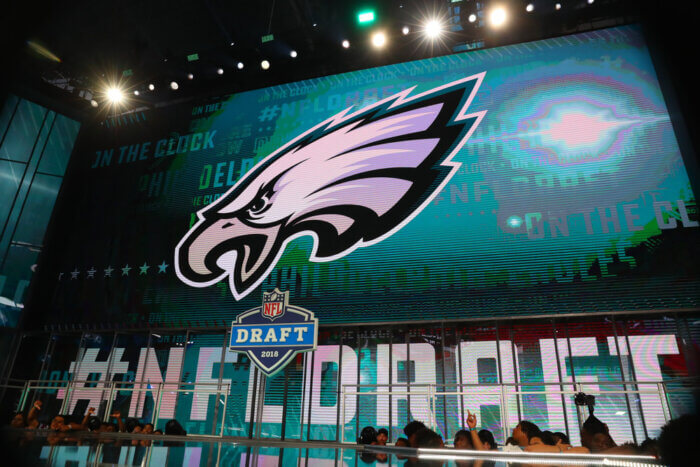When the #MeToo Movement first broke, much of the outcry for justice came from Ronan Farrow’s stories in the New Yorker chronicling systematic abuse by powerful men, with the most notorious being Harvey Weinstein.
But in the beginning, even with all of the testimonies from many, many victims, it became apparent that whistle blowers were not the only need to take down a powerful man in Hollywood. So, Farrow’s book “Catch and Kill: Lies, Spies, and a Conspiracy to Protect Predators” came out in 2019, and then a podcast “The Catch and Kill Podcast with Ronan Farrow.” Now, HBO is launching a docu-series, “Catch and Kill: The Podcast Tapes.”
The six-part series was brought to directors Fenton Bailey and Randy Barbato after the book and the podcast had been released. After viewing the tapes themselves that Farrow conducted, both Bailey and Barbato felt compelled to give everything they had to amplifying the story, which on one hand is vastly important for people to hear, and on the other, is vastly important for a hopeful future.
Bailey and Barbato sat down to discuss more on what went into making “Catch and Kill: The Podcast Tapes.”
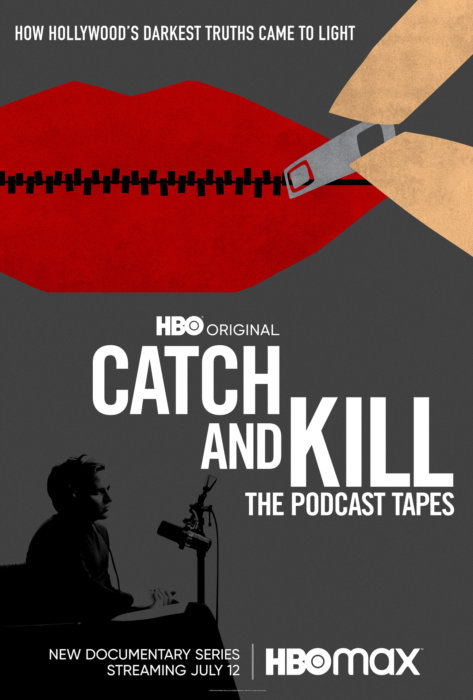
What compelled you both to get started on this?
FB: We had read Ronin’s amazing bestselling book… But I think when HBO had mentioned the idea we were both a little bit skeptical. They said Ronin did this podcast about the book and had taped the interviews and we thought well, it sounds interesting—but when we saw the material it was a complete 180. It was so shocking to see face to face, to put a face to the testimony and to see the victims talk about what had happened to them. It was very moving. I cried watching some of these interviews because it’s hard to believe this is what happened to people and how long it took for this story to come out.
RB: To add to what Fenton’s saying, the book was so powerful and beautifully written, the podcasts were so emotional, I think we both thought any opportunity to amplify this story is worth working on. To be clear, HBO and Ronin came to us after already having done the podcast, and we were in the middle of COVID, and the discussion was can we turn this into a TV series? For us, it was an amazing, creative challenge and one that felt important. Firstly, just to get the message and the story out, but secondly, even though it had been told, there did seem to be more of an opportunity for people to connect more with these incredible characters: These whistleblowers and investigative journalists and private investigators…It just felt like an important thing to do.
FB: I think that sort of perhaps naively we think, oh, well if someone blows the whistle, then all hell breaks loose and the story gets told. But it’s not like that. Ambra Gutierrez many years ago wore a wire and that was the beginning of a long journey of twists and turns. So, the opportunity to tell this story really appealed to us because it shows that investigative reporting is not a walk in the park, and even if you have one whistle blower, you need more than that. But even then, there are institutions or corporations or networks that are like sorry, we’re not going to report that story. So, it’s the story of the story. That really appealed to us.
What does the addition of being able to see these interviews face to face add to this story?
RB: Oh my God… seeing Rowena (Chiu), seeing Amber speak—it is impossible not to connect on an emotional level. By the way, I was emotional reading the book and the podcast. But really seeing them and feeling that, I think it reinforces what sometimes gets lost in these stories of sexual abuse, which is that the emotional trauma lives on. To speak out about it, is to relive the emotional trauma, it is inescapable. I think that is important for people to see and experience if we are ever going to move this conversation and if we are ever going to persuade institutions about thinking twice before preventing justice.
FB: I think there’s a world of difference between reading a tweet by Rose McGowan and watching her as she tells you what happened to her. Especially when she pauses… in a podcast that’s just dead air. But, as you’re looking into her eyes as she pauses, you can see her reliving that trauma and it was just so overwhelming and powerful.
What went into the process of putting everything together?
RB: We were invited to supplement great work that had already been done. Our job was to make a series that amplified the story without overwhelming [it]. We had to be sensitive to not throw in bells and whistles and respect the story and the storytellers and let them guide us on how to make it.
What moments from working on the series still stay with you today?
FB: I think personally, the testimony of the victims is so powerful. But, stepping back for me, it’s the understanding that if you don’t stand up to a bully, every second that passes just enables and powers them more. I can’t help but think of former President Trump, whose whole life story is being a bully who has never been checked. I think it’s incredibly important that bullies are stopped. I understand it’s so much easier to let something go… [but] it’s far more important to stop them. Because if you don’t stop them, it’s just going to escalate and keep going and the sky is really the limit in terms of where we as a country might end up. It was really connecting something as specific as sexual assault to a complete picture of a country and where we are today as a society. It all connects in a way to stop bullies dead in their tracks…even on the playground, because if you don’t stop then, you’re going to have one end up as president. That’s my personal opinion.
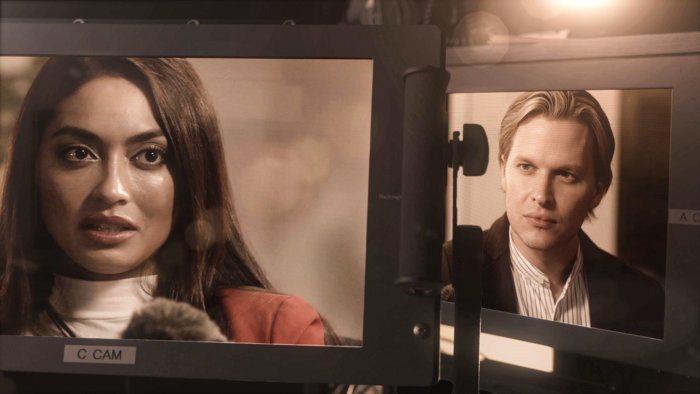
RB: There were so many shocking and moving moments in the series. I like to try and focus on more of the positive moments of the series. I was really moved by the generosity and camaraderie between the investigative journalists—Kim Masters and Ken Auletta, how generous and how they came together with a united front to move this story forward. I was very moved and hopeful hearing Rich McHugh who left his producing job at NBC talk about why this story is important to him because of the futures of his daughters. These people are the people who are out there fighting for truth, so they give me hope.
Why is this story an important one for people to watch?
FB: On one level they should watch this because it’s a gripping story. It plays like a thriller—that’s the producer/director in me. But I think it’s important, and I think that the #MeToo movement has been an amazing thing to come out of this, because one man’s crimes does connect to the larger picture of who we are as a society. When I say society, that sounds very general. But, it’s us—it connects to us. We all have a voice and we all must use it, it’s that important.
RB: I would also say that we live in an age where power and money can hijack truth. We’ve seen it firsthand. We are living it, our politics are playing it out on a daily basis and this story is a stark reminder of that and a stark reminder of the importance of speaking out and supporting those who speak out and understanding how frail the truth is and how corrupt money and power can be.
‘Catch and Kill: The Podcast Tapes’ premieres on HBO and HBO Max July 12.



